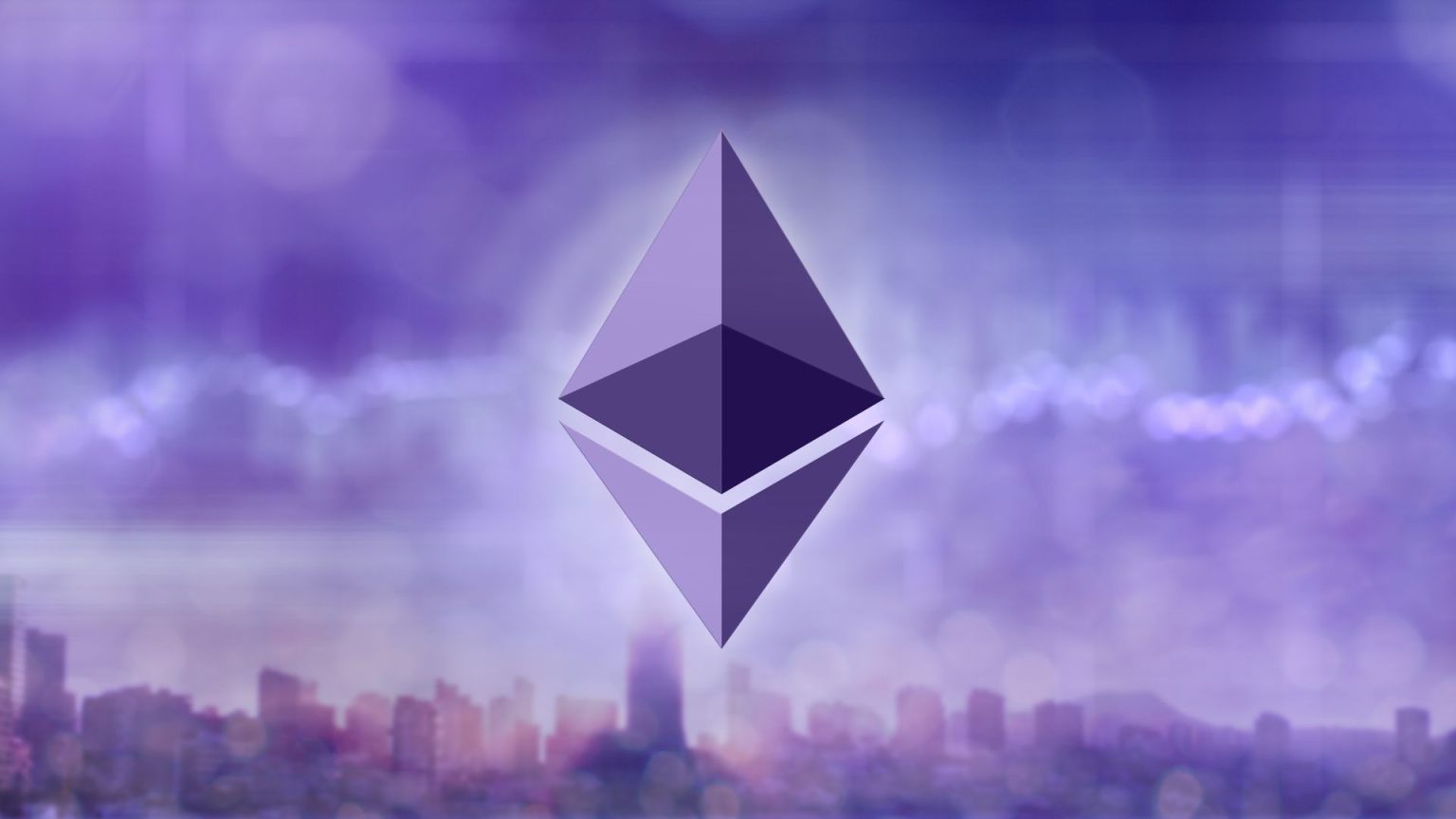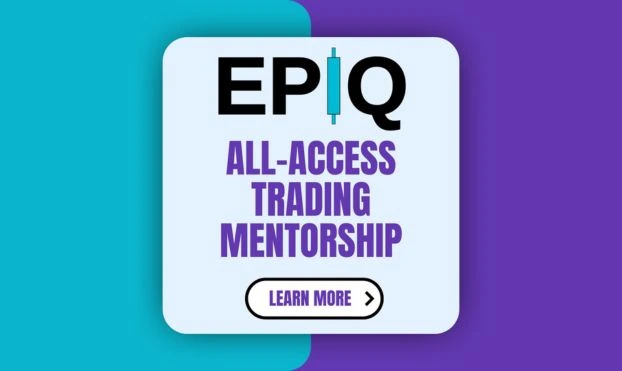Ethereum isn’t just the world’s second-largest cryptocurrency, it’s the backbone of decentralized finance, NFTs, smart contracts, and countless innovations in the blockchain space. For many traders, ETH is the gateway to crypto beyond Bitcoin.
But like any investment, Ethereum has strengths and weaknesses. Let’s break down the pros and cons of Ethereum so you can decide how to position it in your trading or investing strategy.
✅ Pros of Ethereum
1. Smart Contract Powerhouse
Ethereum introduced smart contracts, enabling developers to build decentralized applications (dApps) across DeFi, NFTs, gaming, and beyond. This makes ETH more versatile than Bitcoin.
2. Massive Ecosystem Adoption
Ethereum is home to thousands of projects, protocols, and tokens. From Uniswap to OpenSea, the majority of decentralized activity runs on Ethereum. Its ecosystem dominance is unmatched.
3. Transition to Proof-of-Stake
The Ethereum Merge (2022) shifted ETH from proof-of-work to proof-of-stake, cutting energy usage by over 99%. This improved scalability, reduced environmental concerns, and opened the door for staking rewards.
4. Layer-2 Scaling Solutions
Ethereum’s network congestion has led to the rise of Layer-2s (Arbitrum, Optimism, Polygon, Base). Instead of competing, these scaling solutions strengthen ETH’s dominance by processing more transactions cheaply.
5. Institutional Interest
ETH has gained traction with institutions, especially as futures and staking products expand. With ETH ETFs and regulated products emerging, Ethereum is becoming more mainstream.
⚠️ Cons of Ethereum
1. Gas Fees
While improved, Ethereum gas fees can still spike during periods of high demand. For small traders, this makes transactions expensive compared to competitors like Solana or Avalanche.
2. Scalability Challenges
Ethereum 2.0 and upgrades like EIP-4844 are helping, but the network still struggles with speed and congestion compared to newer chains.
3. Strong Competition
Ethereum is no longer the only smart contract game in town. Blockchains like Solana, Avalanche, and Cardano all compete for users and developers.
4. Complexity for Beginners
Using Ethereum isn’t as simple as buying Bitcoin. Wallets, gas fees, smart contract risk, new traders can find ETH intimidating at first.
5. Regulatory Risk
As Ethereum powers DeFi and token creation, it often draws attention from regulators. Future regulation could impact its ecosystem more than Bitcoin’s.
⚖️ Final Thoughts
Ethereum is the most innovative and versatile blockchain in crypto. Its ability to power DeFi, NFTs, gaming, and decentralized apps makes it an asset every trader should understand.
But with scalability challenges, high fees, and rising competition, ETH isn’t without risk. For beginners, it’s often the next step after Bitcoin. For advanced traders, it’s the gateway to an entire ecosystem of opportunity.
Trade Ethereum Smarter With EPIQ
At EPIQ Trading Floor, we help traders master ETH and its ecosystem with:
- ✅ Daily ETH price action breakdowns
- ✅ Sector insights on DeFi, NFTs, and L2 scaling tokens
- ✅ Tools to track ETH dominance and altcoin season rotations
- ✅ A 24/7 trader community to sharpen your skills
👉 Start your 3-day free trial today and learn how to trade Ethereum like a pro.
Disclaimer: This article is for educational purposes only and not financial advice.










Responses